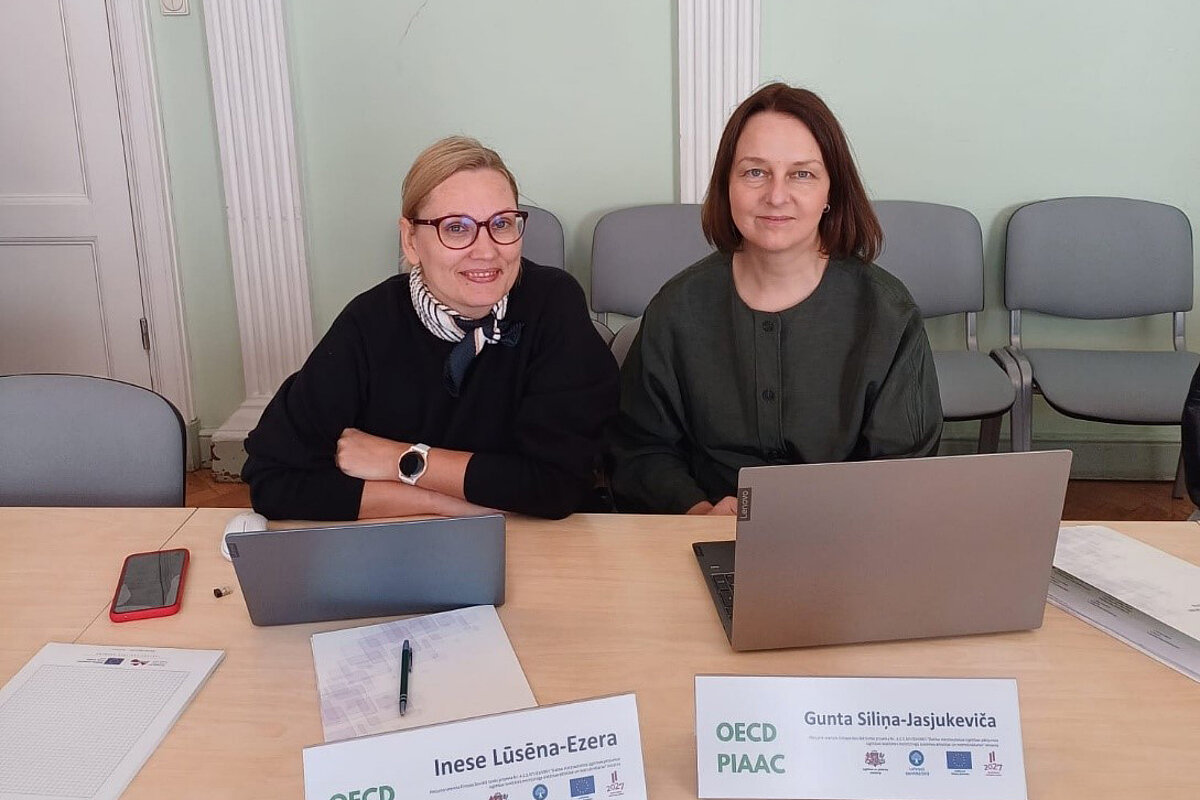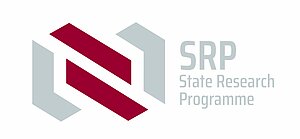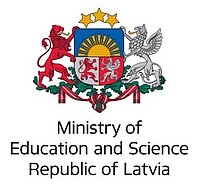
On April 26, 2024, the leading researchers of the State Research Programme "Education" (SRP "Education") project "Elaboration of evidence-based solutions for effective professional competence development of adults and assessment of the transfer of its results into practice in Latvia" (project No. VPP-IZM-Izglītība-2023/4-0001), Dr.paed. Gunta Siliņa-Jasjukeviča (University of Latvia) and Dr.sc.administr. Inese Lūsēna-Ezera (RTU Liepaja Academy), have participated in the workshop organized by the Ministry of Education and Science on further application of results of the OECD PIAAC (Program for the International Assessment of Adult Competencies) study 2022-2023 in research.
The aims of PIAAC is to measure key cognitive skills – literacy of reading skills of the text, numeracy and problem-solving skills of adults; to explore how these skills, which are so important today, can be developed in the education system and in adult education; to gather extensive information on how these skills are used at work and in other situations, such as home and in the society; to obtain comparable results in order to structure the most important skills, their formation, as well as to conduct a comparative analysis of the results of the research and carry out international benchmarking. PIAAC data has been collected every ten years. So far, two study cycles have taken place. The first cycle took place from 2011 to 2018, with the participation of 39 countries. The second circle has started in 2018 with the participation of 40 countries, including Latvia.
This workshop was organised by the MoES and was attended by the policy planners, implementers and academicians. The first part of the workshop provided insights into international and national context of the research topic, the second part has a strong focus on the policy and research priorities on human capital issues, the use of PIAAC data in other studies, and has gathered ideas to foster collaboration between researchers and policy makers, and further communication about PIAAC research data.



 CONFERENCE
CONFERENCE